AI Answer Evaluation Platform Live Now. Try Free Answer Evaluation Now

Jajmani System
The Jajmani System is an ancient socio-economic institution in India, primarily observed in rural areas
+91-7303290503, +91-9557169661 | MON to SUN 10:00 AM - 6:00 PM

The Jajmani System is an ancient socio-economic institution in India, primarily observed in rural areas
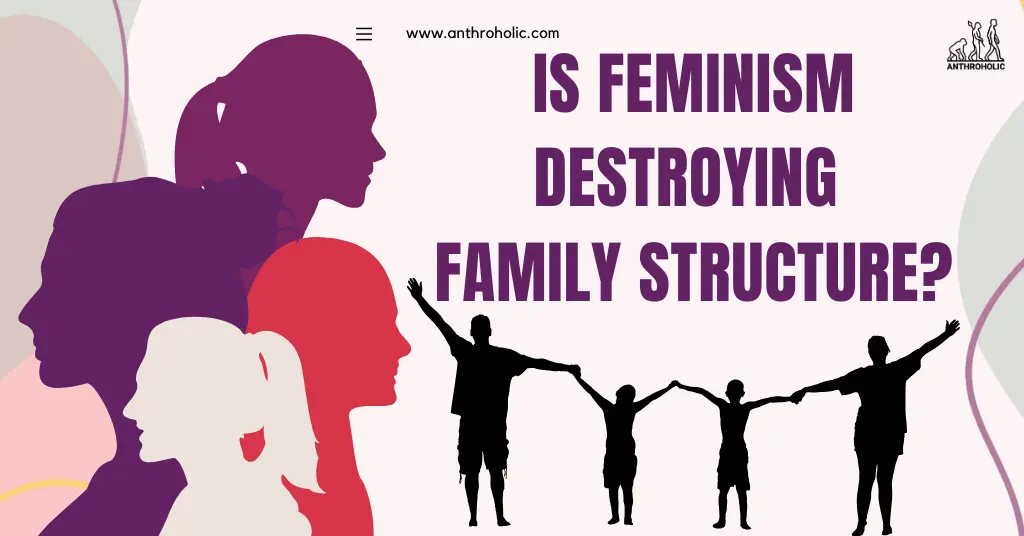
Presently, a wide variety of combined factors could destroy the family institution. Feminism ceases to directly perpetrate. Firstly, feminism has classically refrained from utilising quantitative data.
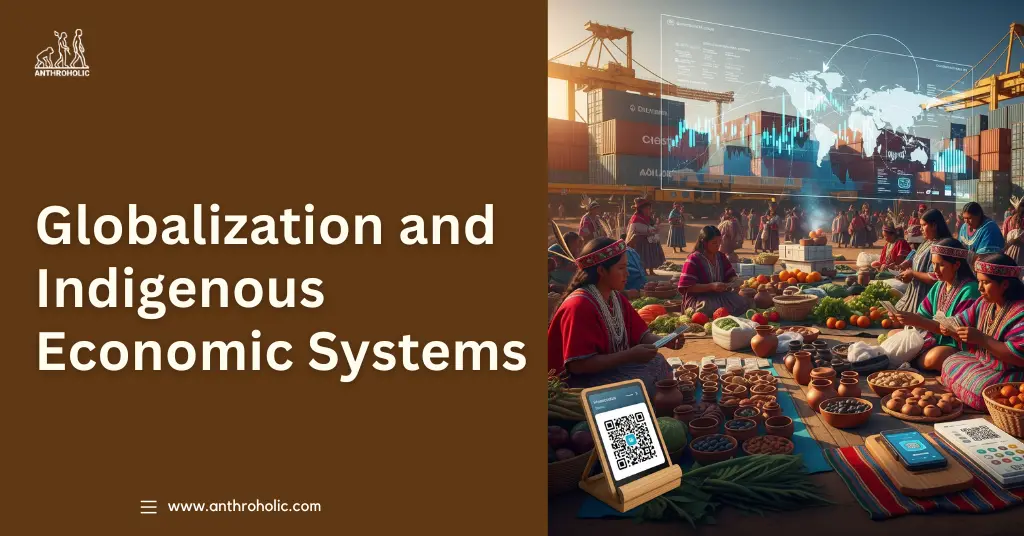
Globalization, the interconnectedness and interdependence of different world economies, has dramatically changed the way

Sanskritization is one of the most important concepts in Indian sociology and anthropology

The Scheduled Castes (SCs) of India are an integral part of the social fabric, encompassing a variety of marginalized groups and communities. The concept, criteria, and problems associated with Scheduled Castes are

India, often referred to as a subcontinent, presents a fascinating canvas of unity and diversity. Encompassing an array of cultures, languages, traditions, and religions, the nation stands as a testimony to cohesiveness amid differences [1]. Historical Perspective Pre-Colonial Era Colonial…

The concept of a Tribe-Caste Continuum encapsulates the blurring boundaries and interactions between these groups, illustrating the fluidity of identity and status within Indian society.
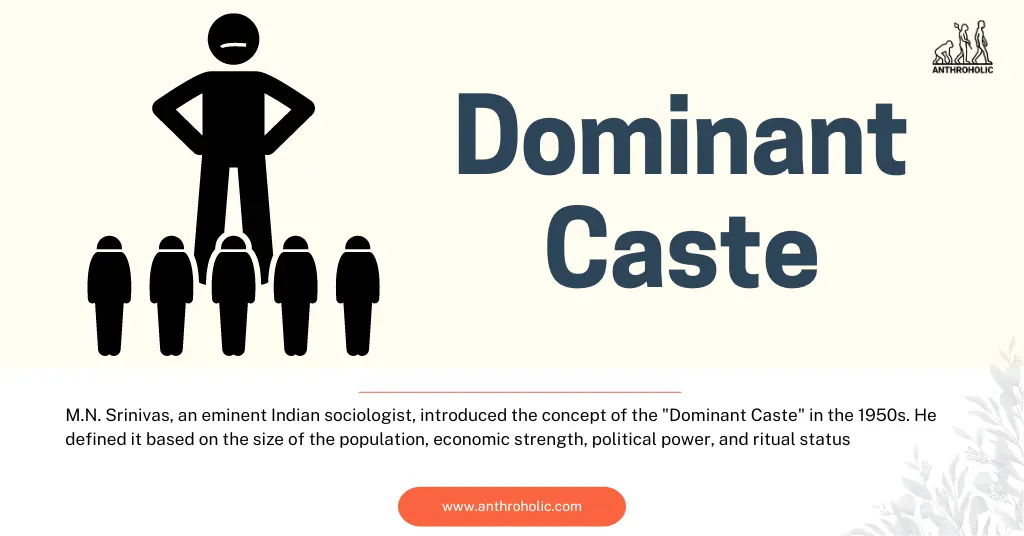
Dominant caste is a unique concept in the Indian social structure, representing the ascendant caste group that exercises significant control and influence within a specific region.
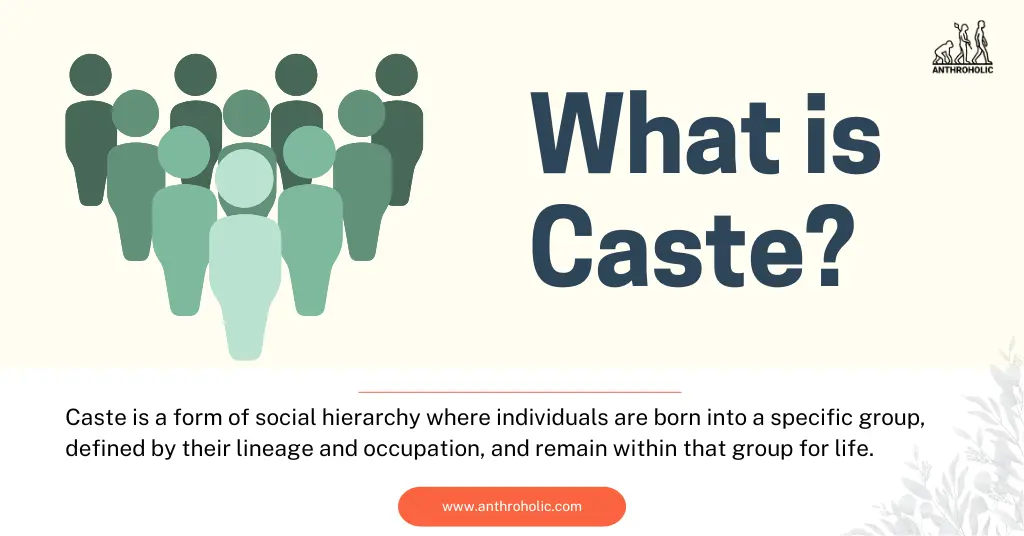
Caste is a form of social hierarchy where individuals are born into a specific group, defined by their lineage and occupation, and remain within that group for life.
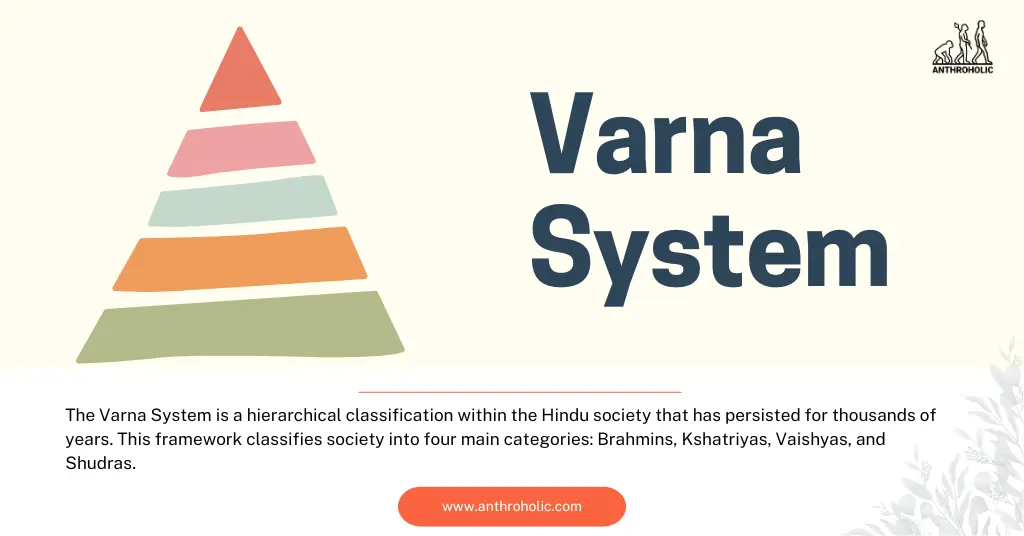
The Varna System is a hierarchical classification within the Hindu society that has persisted for thousands of years. This framework classifies society into four main categories: Brahmins, Kshatriyas, Vaishyas, and Shudras.
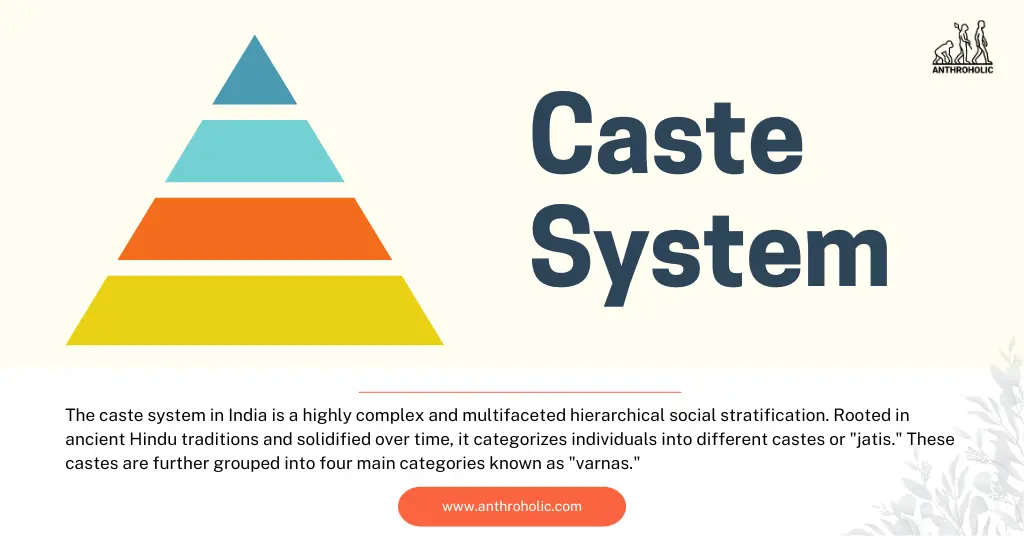
The caste system in India is a highly complex and multifaceted hierarchical social stratification. Rooted in ancient Hindu traditions and solidified over time, it categorizes individuals into different castes or "jatis."
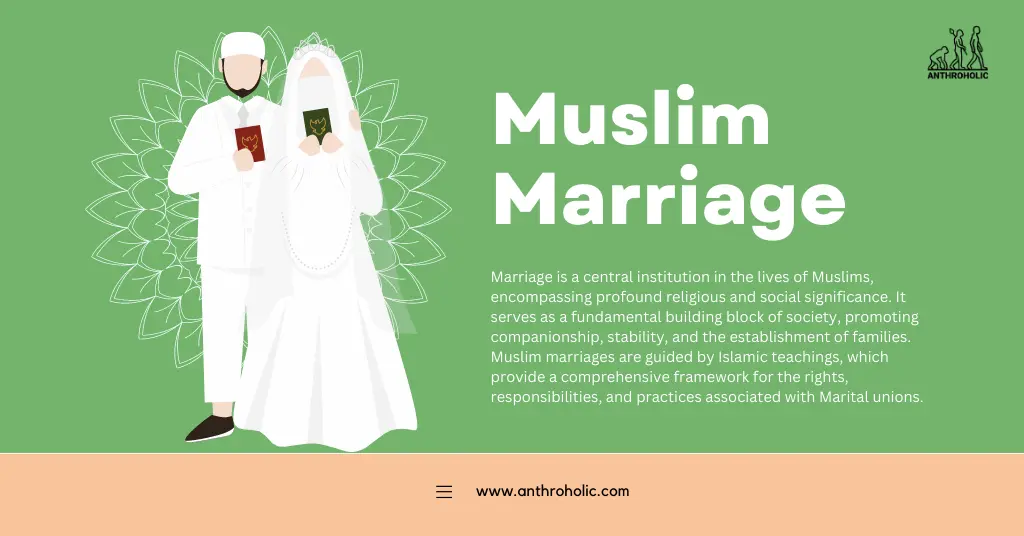
Muslim marriages are guided by Islamic teachings, which provide a comprehensive framework for the rights, responsibilities, and practices associated with Marital unions.